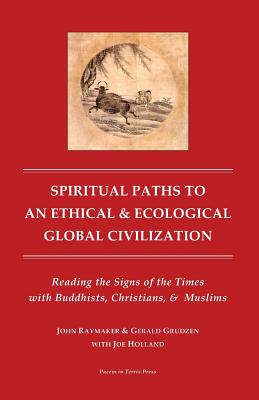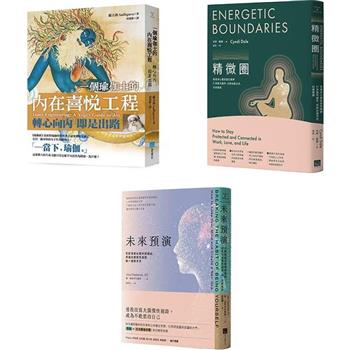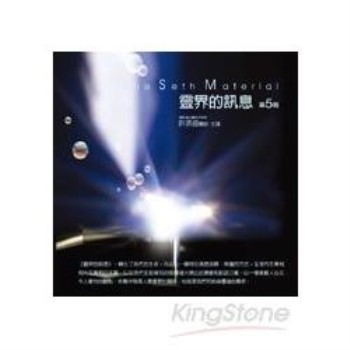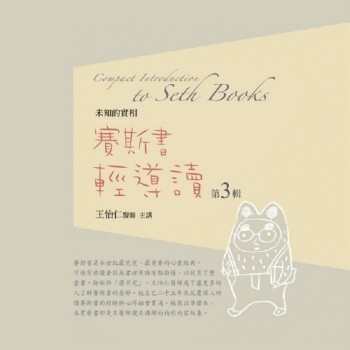In this visionary book, John Raymaker and Gerald Grudzen with Joe Holland - three pioneering scholars of religion, philosophy, and culture - first try to read those contemporary signs of the times which indicate that late modern civilization and our entire planet Earth are "on the brink." They do this primarily in relation to the interrelated global financial-ecological crisis. They frame their reading of the signs of the times within the emerging and authentically postmodern "New Cosmology," which sees evo- lution as a co-creative artistic-mystical process, in contrast to the modern secularist- determinist cosmology which sees the Universe as atomistic and mechanical, and as devoid of spiritual meaning or purpose. Seeking a healing response to the late modern global financial-ecological crisis of modernity, their book next probes classical expressions of the "wisdom of the ages," as found in the spiritual and ethical writings of select mystical thinkers from Buddhism, Christianity, and Islam. This probing searches for an inclusive global spirituality that will resonate with creative ecological-mystical cosmology presently arising within the frontiers of philosophy and science. Their book then tries to link that global spirituality to the search for a healing global ethics. In that application, they criticize certain late modern and hypermodern forms of thought (often falsely claiming to be "postmodern"), which fail to provide true solu- tions for the late modern social-ecological breakdown. A true global ethics, their book argues, needs to be rooted in the deep wisdom of all the great spiritual traditions of the human family, including the rich spiritualities of the natural world found in humanity's ancient "indigenous" traditions. Lastly, their book explores how global spirituality and global ethics need to take expres- sion in a regenerative global civilization. This civilization, the book argues, would re- ject the late modern "free-market" model of globalization, which is uprooting humans from their natural communities and from the entire natural world. Instead, it would network and defend the global spiritual solidarity of rooted communities, and protect workers, families, and bioregions on which they depend.
| FindBook |
有 1 項符合
Spiritual Paths to an Ethical & Ecological Global Civilization: Reading the Signs of the Times With Buddhists, Christians, & Mus的圖書 |
 |
Spiritual Paths to an Ethical & Ecological Global Civilization: Reading the Signs of the Times With Buddhists, Christians, & Mus 作者:Raymaker 出版社:Createspace Independent Publishing Platform 出版日期:2014-01-07 語言:英文 規格:平裝 / 230頁 / 21.6 x 14 x 1.3 cm / 普通級 |
| 圖書館借閱 |
| 國家圖書館 | 全國圖書書目資訊網 | 國立公共資訊圖書館 | 電子書服務平台 | MetaCat 跨館整合查詢 |
| 臺北市立圖書館 | 新北市立圖書館 | 基隆市公共圖書館 | 桃園市立圖書館 | 新竹縣公共圖書館 |
| 苗栗縣立圖書館 | 臺中市立圖書館 | 彰化縣公共圖書館 | 南投縣文化局 | 雲林縣公共圖書館 |
| 嘉義縣圖書館 | 臺南市立圖書館 | 高雄市立圖書館 | 屏東縣公共圖書館 | 宜蘭縣公共圖書館 |
| 花蓮縣文化局 | 臺東縣文化處 |
|
|
圖書介紹 - 資料來源:博客來 評分:
圖書名稱:Spiritual Paths to an Ethical & Ecological Global Civilization: Reading the Signs of the Times With Buddhists, Christians, & Mus
|











